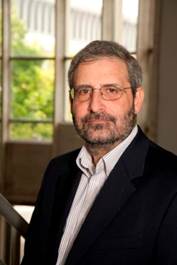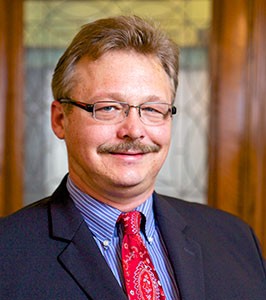
Ohio Wesleyan continued its streak of bringing in top scholars for various lectures on Thursday April 2.
The John Kennard Eddy Memorial Lecture, which was highlighted by a presentation from Princeton University professor Mark Beissinger, dealt with the current struggle between Ukraine and Russia.
“This conflict is causing consequences all over the world,” said Beissinger to a crowd of OWU students and Delaware residents.
Beissinger explained that Ukraine has largely been unstable in recent years due to the actions of now former president, Viktor Yanukovych. Political instability, riots and battling as to whether or not they should join the EU are also to blame. Russia has capitalized on this.
“Russia has been trying to pull in the Ukraine in the post-Soviet era,” Beissinger said. “Russia’s ultimate goal was to make sure the Ukraine came within its geopolitical orbit.”
Beissinger continued by saying it was a little known fact that Russian president Vladimir Putin threatened to invade Crimea, Ukraine while attending the Sochi Olympics in 2014.
That very invasion did in fact take place right after the Olympic Games though Russia has always claimed that they do not have troops in the region.
“It is now a crime in Crimea to fly the Ukrainian flag,” Beissinger said.
According to Beissinger during his lecture, there are talks within Russia about taking even more land.
So how has the United States and its EU allies responded?
One suggestion was economic sanctions. They not only have been put into effect but also have crippled the Russian economy. These sanctions have hurt credit rates in Moscow and raised interest rates throughout the country.
Despite all of this, Putin’s approval rating has never been higher within his country.
“It’s just interesting in general to see how this will all play out,” freshman Jenna Chambers said. “Looking at this lecture it seems well contained.”
Beissinger ended the lecture with a Russian propaganda clip titled “I am a Russian Occupier,” which condemned those who have stopped the country from spreading its wealth and ideas.

